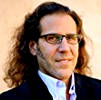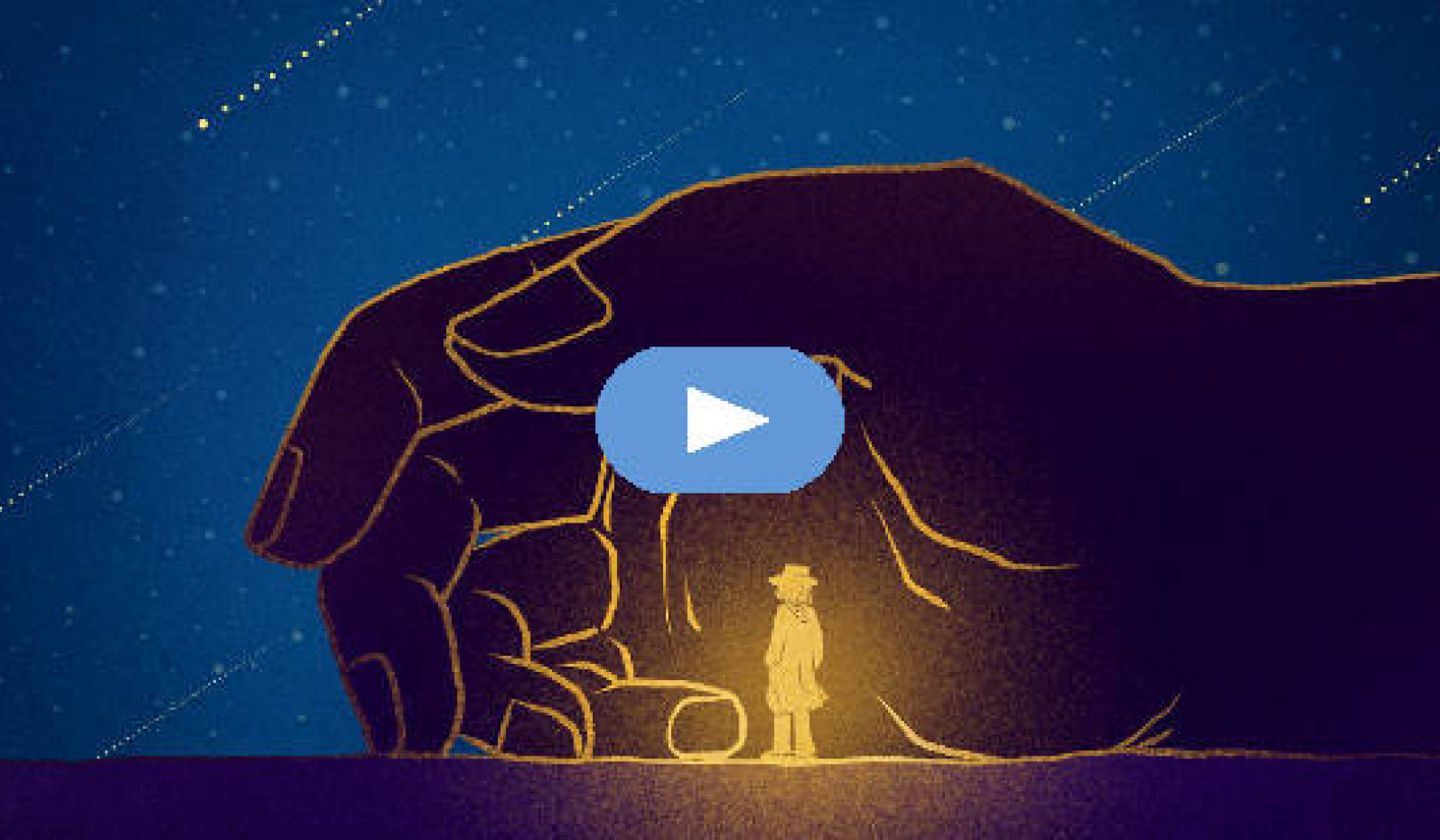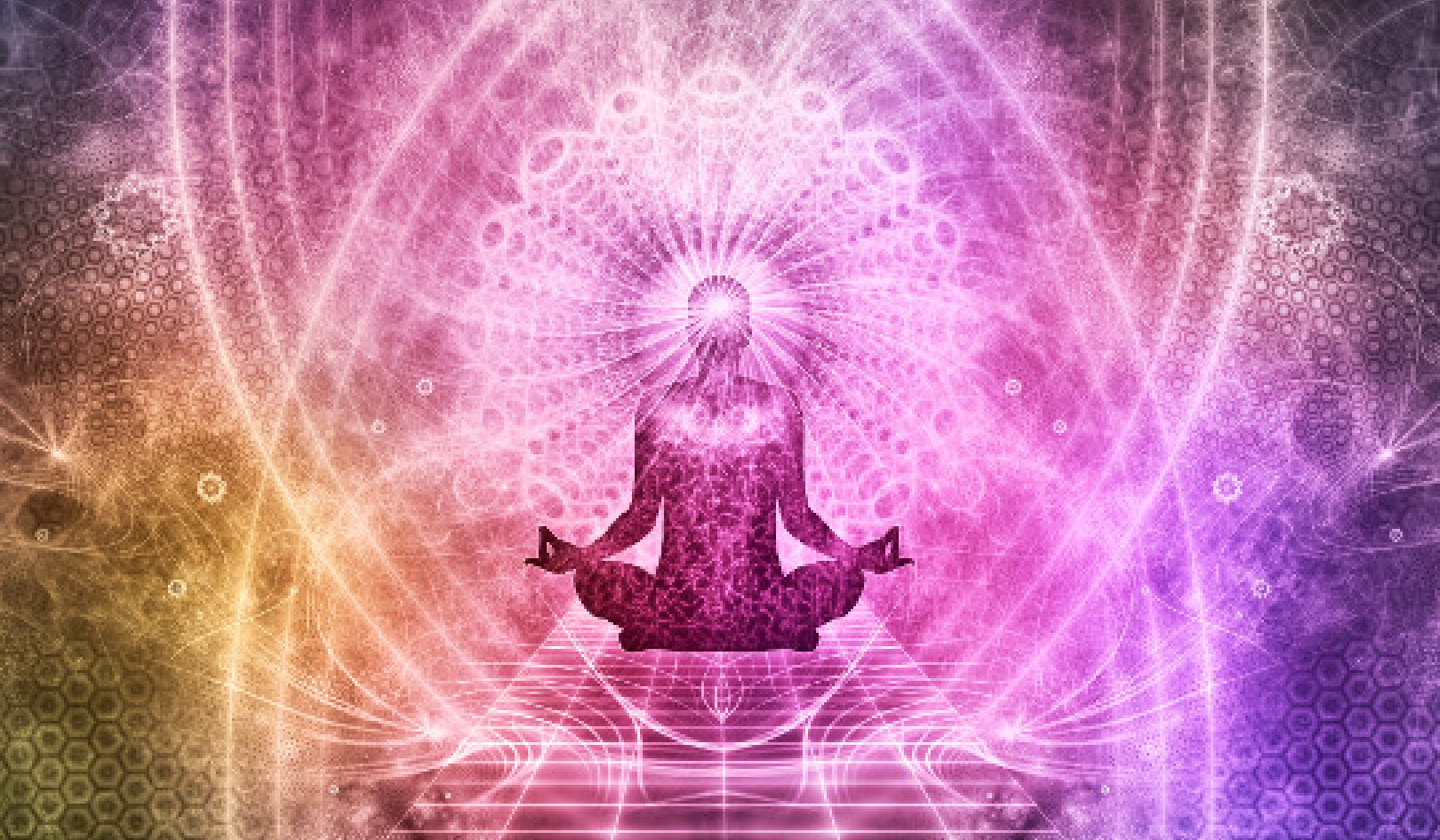
If your daily life seems poor, do not blame it;
blame yourself that you are not poet enough
to call forth its riches; for the creator, there is no poverty.
— RILKE
There is no plan B. The only possible panacea is authenticity, which is difficult but must be attempted and practiced on a daily basis. It is up to us to break the chains of unskillful solutions that were handed down to us, to consciously decide who we want to be, what type of relationships will nourish us, and what type of world we care to live in.
“We are the ones we have been waiting for,” writes Alice Walker. Nobody is going to shed our fears and prejudices for us. Nobody is going to have personal integrity and be authentic if we do not inspire them to do so. Making commitments to engage in healthy practices (such as meditation and yoga) and being congruent and having our outer lives match our inner lives — or, more specifically, deciding our long-term intentions and having the discipline to follow them every day — will keep us at the higher end of our happiness spectrums.
Being Authentic And Decrying Our Own Inauthenticities
We can only be authentic when we talk about ourselves and decry our own inauthenticities. The past is gone (yes, I realize that is redundant), and the only thing keeping our childhoods alive is our stories about whatever transpired — and very often those stories contain resentments that only result in our own suffering. I ask rhetorically, “What is the point of complaining about things that you cannot change?”
Your way of reacting against your childhood is inauthentic: if you desire to be rich because you grew up poor, that is inauthentic; if you want to play tennis at an exclusive country club because your parents forced you to grow up in an anarcho-syndicalist commune, that is inauthentic; if you stay a virgin because your parents were promiscuous, that is inauthentic.
We emulate the characteristics of the caregivers we had when we were young as a way of trying to retroactively subconsciously gain their approval and love; and we also subconsciously incarnate the opposite characteristics as a way of individuating from them and becoming our own selves. Becoming something in order to gain approval is inauthentic; being reactive and rebelling against something is also inauthentic.
A New Definition Of Authenticity
What I specifically advocate seeking is a new definition of authenticity that encompasses attachment, atonement, attunement, presence, and congruence:
Attachment: It is best for us to be aware of our primary attachment style. Our internal barometers were shaped before we could speak, and they either informed us that the world is an inherently scary place with finite resources, or told us that it is a loving place of abundant resources (or that it occupies some gray area in between). Our way of being in the world, our core issues, and our dispositions may be influenced subconsciously by our initial experiences, but if we can get a glimpse of our patterns and what lets us feel comfortable connecting with others, then we can make healthier long-term decisions. We need to be aware of our attachment styles to get the love we truly crave as adults.
Atonement: Wanting something in the past to have transpired differently is an absurd waste of time and energy. It is impossible for anyone but us to unbetray us, to unabandon us — to figure out a way to heal our core emotional and psychological wounds. Our childhoods were traumatizing and we created our way of being in order to survive them and do our best to get our emotional and psychological needs met at the time. But now those same childhood defensive mechanisms may be hindering us from being authentic in our adult relationships. Not accepting that something we cannot change happened only results in our own suffering. We need to find rituals that will let us say goodbye to the stories our minds created that are laden with prejudices and resentments. Forgiving everyone unequivocally is the way we scrub the resentment out of our stories.
Attunement: Being able to attune to other people and make them feel as if whatever they are experiencing is valid will make all our relationships better. This interaction does not transpire via text messaging. We need contact. We need hugs. We need long, relaxed meals with enthusiastic and stimulating conversations about subjects other than work. We need connections with other human beings, and we want those connections and attachments to be secure, trustworthy, positive, supportive, loving, and healthy. Human beings do not grow or evolve in bubbles. We are interdependent creatures. And we live in a society that inadvertently foments separation, competition, and alienation, so we must continuously be attaching and attuning to others in order to attract the compassion, love, and support that we want and need.
Presence: The future is a void. Our minds create resentments about the past and project them into imagined potential future scenarios in a futile attempt to stave off or at least be prepared for possible traumatic surprises. This defense mechanism, which was essential to surviving our highly competitive and often disappointing and frustrating childhoods, is now hindering us from being authentic in the relationships that are integral to our lives and our healing journeys. We must learn how to observe the mind’s incessant leaps into possible future scenarios and gently correct it by teaching it to be present.
Congruence: Listening to our tastes and our Higher Selves to glean information about why we are alive, and then deciding what we should do during the brief time we are alive...keeping our facades, which we present to others, in alignment with our beliefs: that is congruence. Living by other people’s rules and other people’s measures of success is a surefire path to frustration and disappointment. We need to learn how to mitigate our own hypocrisy. We need our way of being in the world to match our core beliefs, not our core wounds.
What We Need To Learn To Survive Our Childhood
So, if you want to know “how to survive your childhood now that you’re an adult,” then learn how to surf apparent paradoxes, learn how to be present, learn how to embrace every moment of your life hitherto, learn how to “own” and accept who you are today, learn how to shed your fears and prejudices, learn discipline, know what your attachment style is and how to improve it, know what your remissions are and do not let them become afflictions or addictions, learn how to attune to other people so that you can securely connect with them, and accept the fact that our futures are uncertain, and that when they occur they will certainly contain both joys and sorrows.
©2017 by Ira Israel. All Rights Reserved.
Reprinted with permission of the publisher,
New World Library. www.newworldlibrary.com.
Article Source
How to Survive Your Childhood Now That You're an Adult
by Ira Israel
 In this provocative book, eclectic teacher and therapist Ira Israel offers a powerful, comprehensive, step-by-step path to recognizing the ways of being that we created as children and transcending them with compassion and acceptance. By doing so, we discover our true callings and cultivate the authentic love we were born deserving.
In this provocative book, eclectic teacher and therapist Ira Israel offers a powerful, comprehensive, step-by-step path to recognizing the ways of being that we created as children and transcending them with compassion and acceptance. By doing so, we discover our true callings and cultivate the authentic love we were born deserving.
Click here for more info and/or to order this book.
http://www.amazon.com/exec/obidos/ASIN/1608685071/innerselfcom
About the Author
 Ira Israel is a Licensed Professional Clinical Counselor, a Licensed Marriage and Family Therapist, and Mindful Relationship Coach. He graduated from the University of Pennsylvania and has graduate degrees in Psychology, Philosophy, and Religious Studies. Ira has taught mindfulness to thousands of physicians, psychologists, attorneys, engineers and creative professionals across America. For more information please visit www.IraIsrael.com
Ira Israel is a Licensed Professional Clinical Counselor, a Licensed Marriage and Family Therapist, and Mindful Relationship Coach. He graduated from the University of Pennsylvania and has graduate degrees in Psychology, Philosophy, and Religious Studies. Ira has taught mindfulness to thousands of physicians, psychologists, attorneys, engineers and creative professionals across America. For more information please visit www.IraIsrael.com
Also by this Author
{amazonWS:searchindex=DVD;keywords=B007OXWXC4;maxresults=1}
{amazonWS:searchindex=DVD;keywords=B00NBNS5XC;maxresults=1}
{amazonWS:searchindex=DVD;keywords=B014AET6FQ;maxresults=1}


























